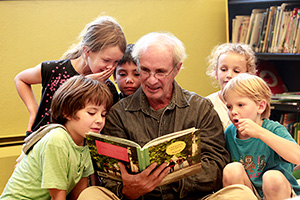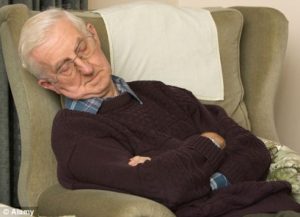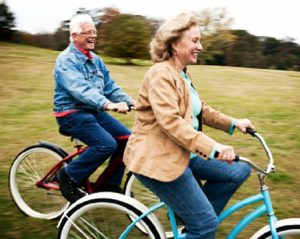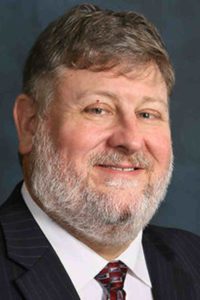by National Institute on Aging
If you do not see an aging friend or relative often, changes in his or her health may seem dramatic. In contrast, the primary caregiver might not notice such changes or realize that more help, medical treatment, or supervision is needed. Or, the primary caregiver might not want to accept the fact that the health of his or her spouse or parent is failing. Sometimes a geriatric care manager or other professional is the first to notice changes.
For families dealing with Alzheimer’s disease or another dementia, it can be easier to cover for the person—doing things for him or her, filling in information in conversations, and so on—than to acknowledge what is happening.
As a caregiver, you can provide support by helping an aging friend or relative get the care they need.
A few good questions to help you start the conversation with the primary caregiver are:
If you thought there might be a change in Aunt Joan’s condition, whose opinion would you seek?
I didn’t notice Dad repeating himself so much the last time I was here. Do you remember when it started?
Forgetfulness: Normal or not? infographic icon. Click through for full text.
Read and share this infographic to learn whether forgetfulness is a normal part of aging.
Some changes may not be what you think. Occasional forgetfulness does not necessarily indicate dementia. Before you raise the issue of what needs to be done, talk to your parent and the primary caregiver about your concerns.
Try not to sound critical when you raise the subject. Instead, mention your particular worry, for example, “Mom, it looks like you don’t have much food in the house—are you having trouble getting to the store?” and explain why you are asking. Listen to what the primary caregiver says about the situation and whether he or she believes there are problems.
Discuss what you think could be done. For example, you could ask:
Would you like me to arrange to have groceries delivered on a regular basis?
Do we need to get a second opinion about the diagnosis?
Can you follow the medication schedule?
Would you like some help with housework?
Try to follow your suggestions with practical help, and give specific examples of what you can do. For example, you might arrange to have a personal or home health aide come in once a week. You might schedule doctors’ appointments or arrange for transportation.
In some cases, you may have to be forceful, especially if you feel that the situation is unhealthy or unsafe. Do not leave a frail adult at risk. If you have to act against the wishes of your parent or the primary caregiver, be direct and explain what you are going to do. Discuss your plan, and say why you are taking action.





